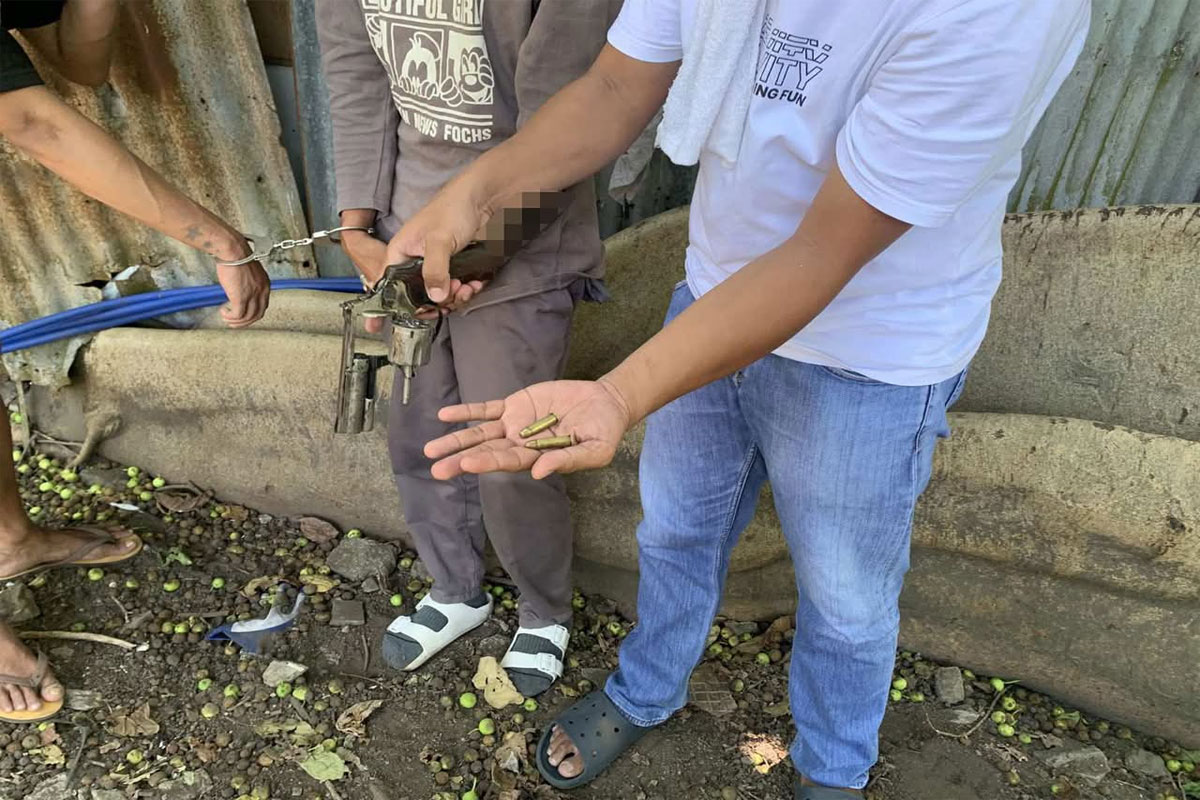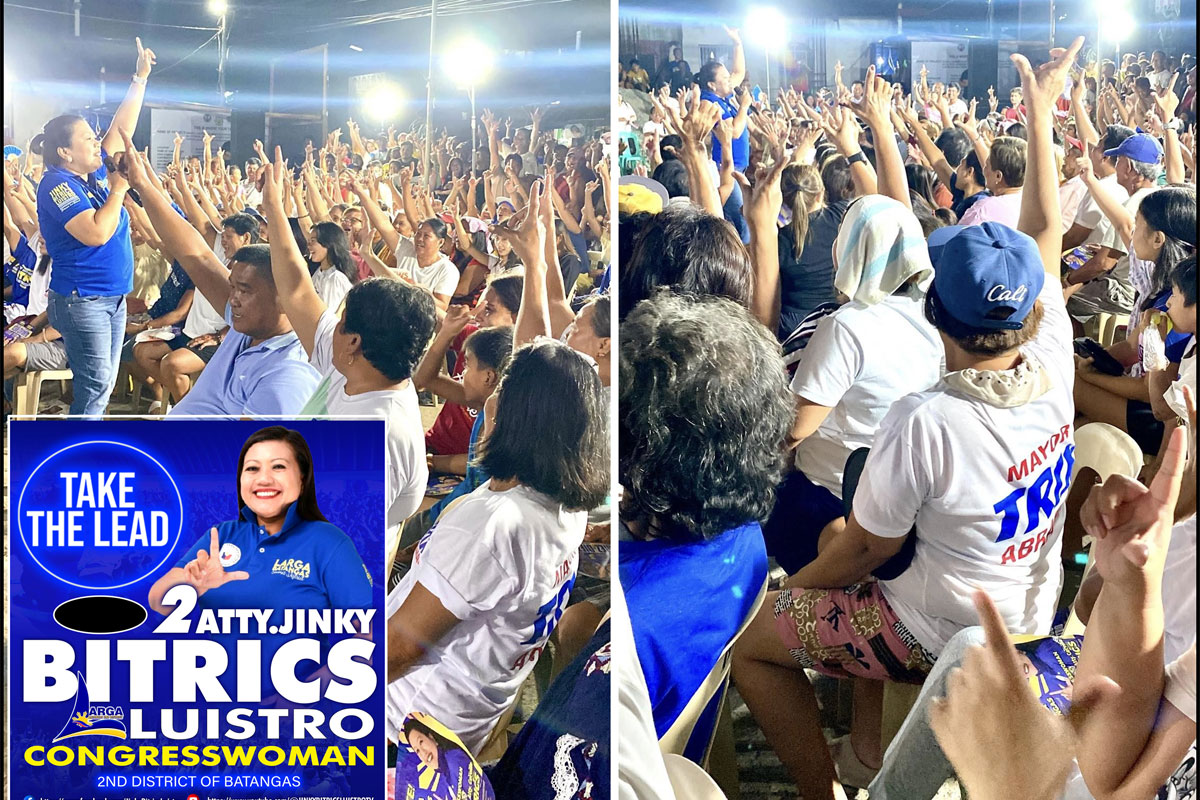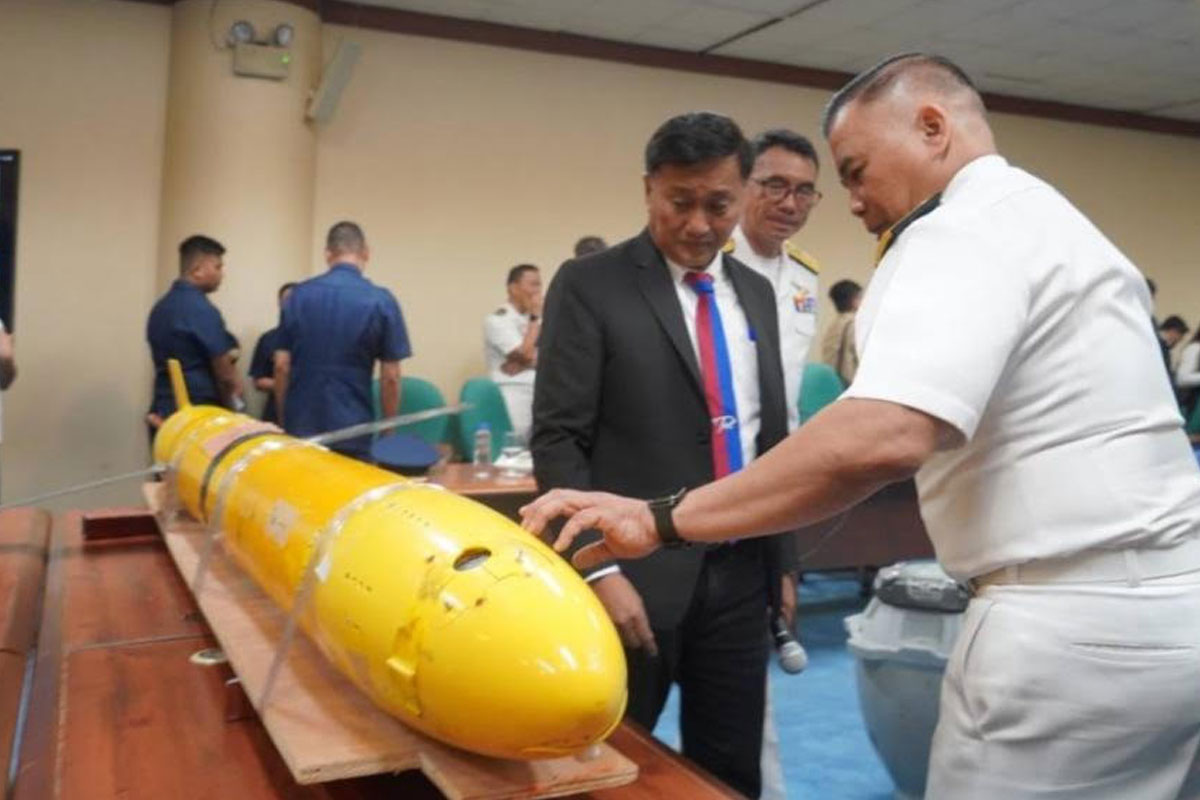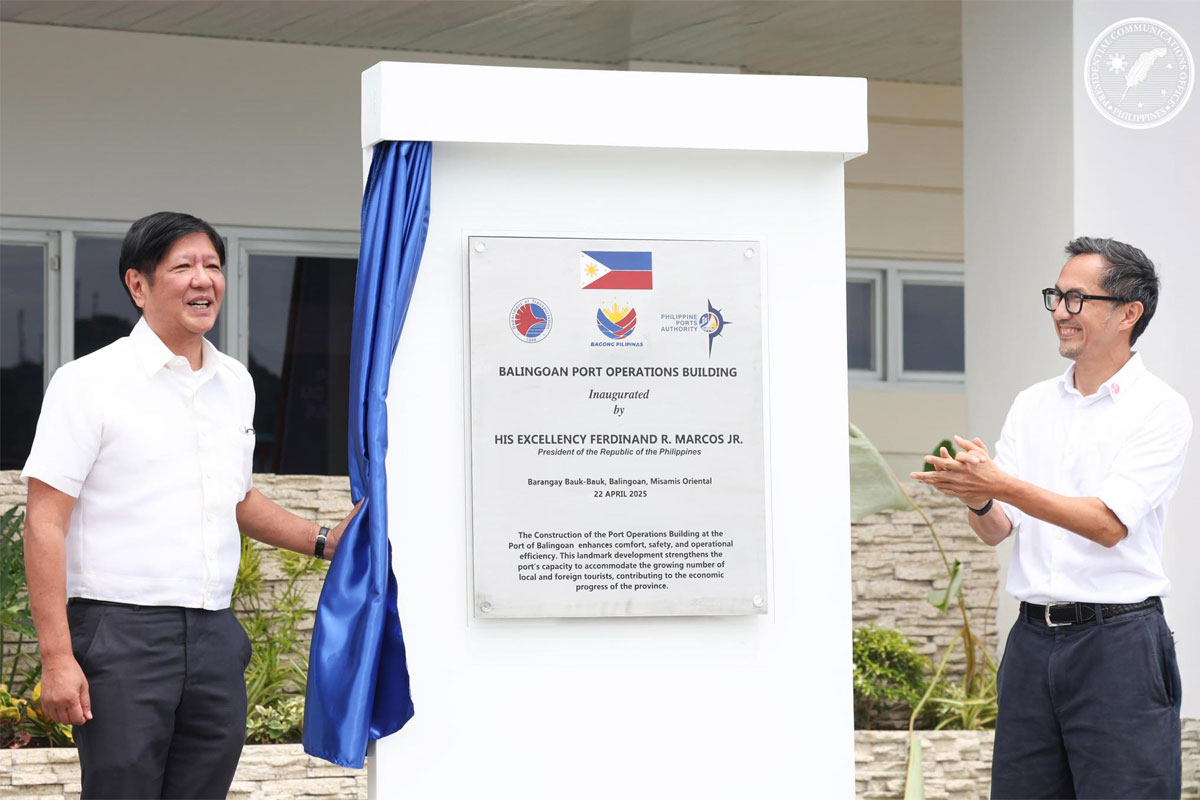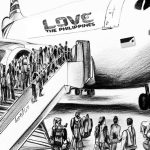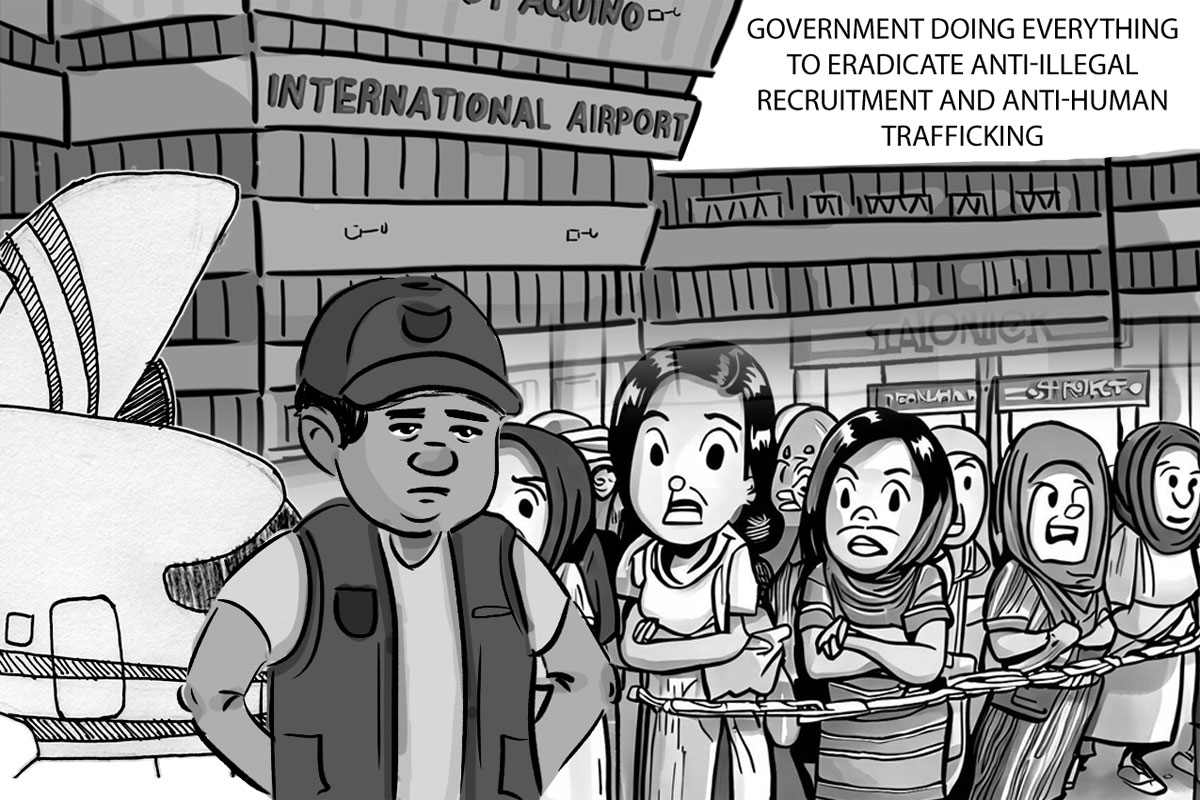
PH labor sector
GOVERNMENT efforts to address the problems plaguing the labor sector, including human trafficking, have caught the attention of the International Labor Organization (ILO).
In fact, no less than ILO Secretary-General Gilbert Houngbo said the Philippines could serve as a “model,” noting that the country has taken steps to solve these issues.
Note that in the fight against human trafficking, impoverished but manpower-exporting Philippines has maintained its “Tier 1” status for the eight straight year.
This is according to the 2023 Trafficking in Persons Report, which was released by the United States Department of State last month.
“Tier 1” means a country is fully compliant with the minimum standards for the elimination of severe forms of trafficking in persons.
On the other hand, “Tier 2” status means that a country is not fully compliant, but making significant steps to adhere to the minimum standards.
During his meeting with the ILO officials at Malacanang, Marcos assured that his administration was determined to fight human trafficking, a major problem in Southeast Asia.
“That is a big problem for us here in the Philippines. Illegal recruitment and really, you take it a little further, it becomes human trafficking,” Marcos told the ILO officials.
According to President Marcos, who completed his first year in office yesterday, June 30, “we seem to have become a target for many of these unscrupulous activities.”
Reports said that some of the victims of illegal illegal recruiters and human smugglers, local and foreign, are languishing in foreign detention facilities, angering the Filipino people.
The Marcos government is doing everything to deliver on its promise to eradicate anti-illegal recruitment and anti-human trafficking.






